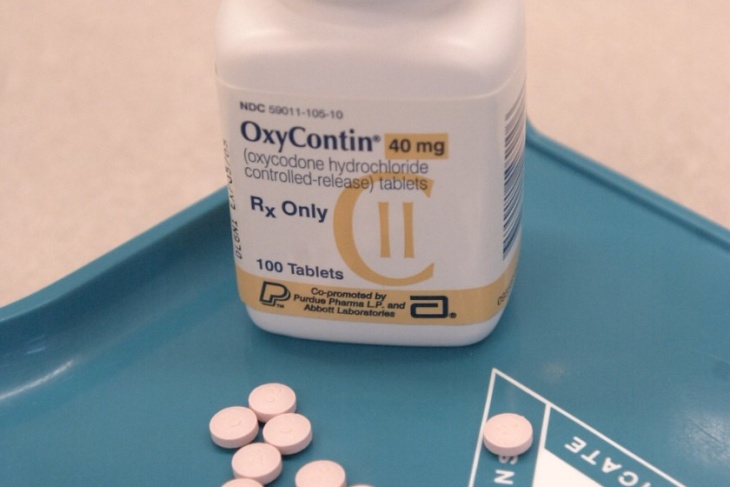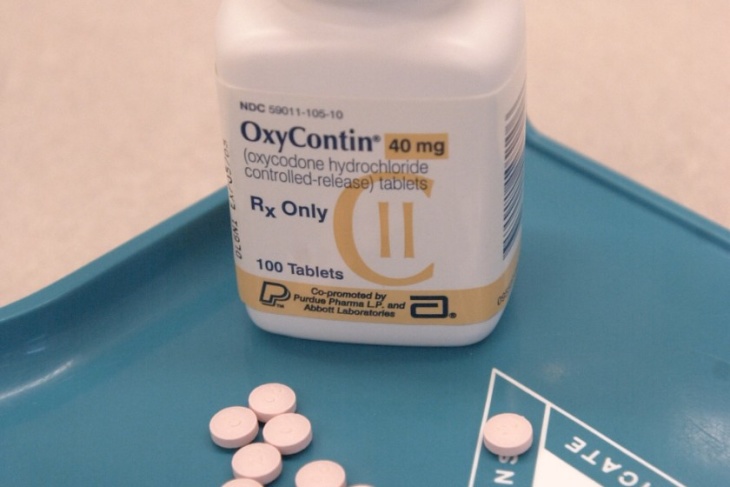COVID-19 Is Changing The Fight Against Addiction


Here's another group of people whose lives have been upended by COVID-19: Those struggling with addiction who aren't able to meet in-person for 12-step programs and therapy sessions.
That has addiction treatment providers across California scrambling to move their services online and to the phone.
Dr. Matt Polacheck, director of outpatient services at the Hazelden Betty Ford Center in West Los Angeles, said he's happy the facility has been able to transfer more than 1,300 outpatients to telehealth services.
"The beauty of recovery is really in community, and when you see someone's face that you didn't think you were going to see because of this pandemic, it's a very comforting, safe feeling for people," he said.
The Betty Ford Center for drug rehab in Rancho Mirage is continuing to offer inpatient services and admit new patients.
"This disease doesn't stop because of coronavirus, and people need help," Polacheck said.
Like so many others, though, Hazelden Betty Ford has had to make adjustments in the day-to-day operations at its inpatient facilities. It has frozen on-campus visitation, is checking all patients and staff for fever, and is hosting lectures with physical distancing practices.
'YOU CAN STILL GET ANY SUBSTANCE'
As people struggling with addiction adapt to rapidly changing ways of accessing care, the reality is that access to addictive substances is as widespread as ever.
"People wrongfully thought, 'Oh, everyone's shut down, there's no way you can get substances,'" said Dr. Timothy Fong, a clinical professor of psychiatry at UCLA. "Absolutely false, you can still get any substance that you needed or wanted."
With people stuck at home, this is a great opportunity to clean out expired prescription drugs from medicine cabinets, he said.
We still don't know how the coronavirus pandemic will affect the incidence of addiction, Fong said. "We presume it will because any time you have an increased stress, increased trauma, those lay the groundwork for addiction to develop," he said.
A BRAVE NEW WORLD FOR VIRTUAL TREATMENT
The expanded use of telehealth services raises serious concerns for Fong about people with limited internet access, as well as worries about privacy issues. Still, he believes this is a brave new world for virtual treatment.
For one, he can see patients any time of the day and they don't have to fight traffic to get to his office at UCLA. And having a window into patients' home settings through their phone or computer's camera has been informative.
"For instance, I had a woman with OCD," Fong said. "She showed me her apartment and it's completely clean, but she was concerned that there was nothing left for [her] to clean anymore, and that was the source of distress that she was having."
Fong said for some, expanding telehealth is making it easier than ever to get treated for addiction, and he hopes that will continue well after COVID-19.
SOME RESOURCES IF YOU NEED HELP:
Get our daily newsletter for the latest on COVID-19 and other top local headlines.
 Pathways Drug Rehabilitation Luxury Addiction Treatment & Detox Center
Pathways Drug Rehabilitation Luxury Addiction Treatment & Detox Center


